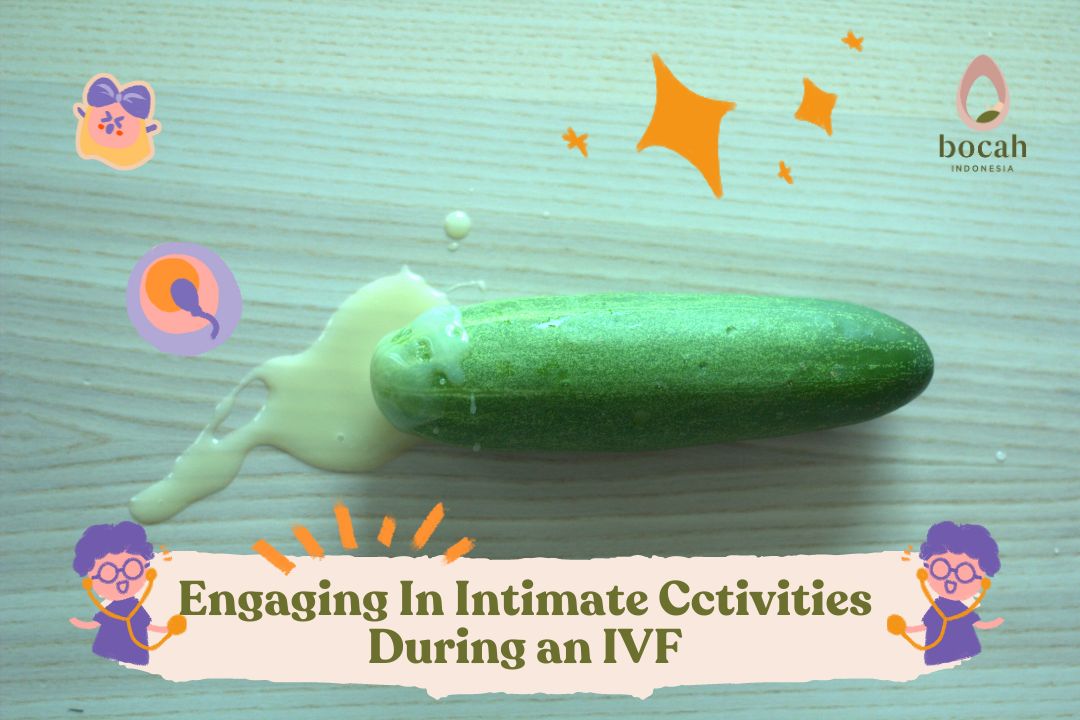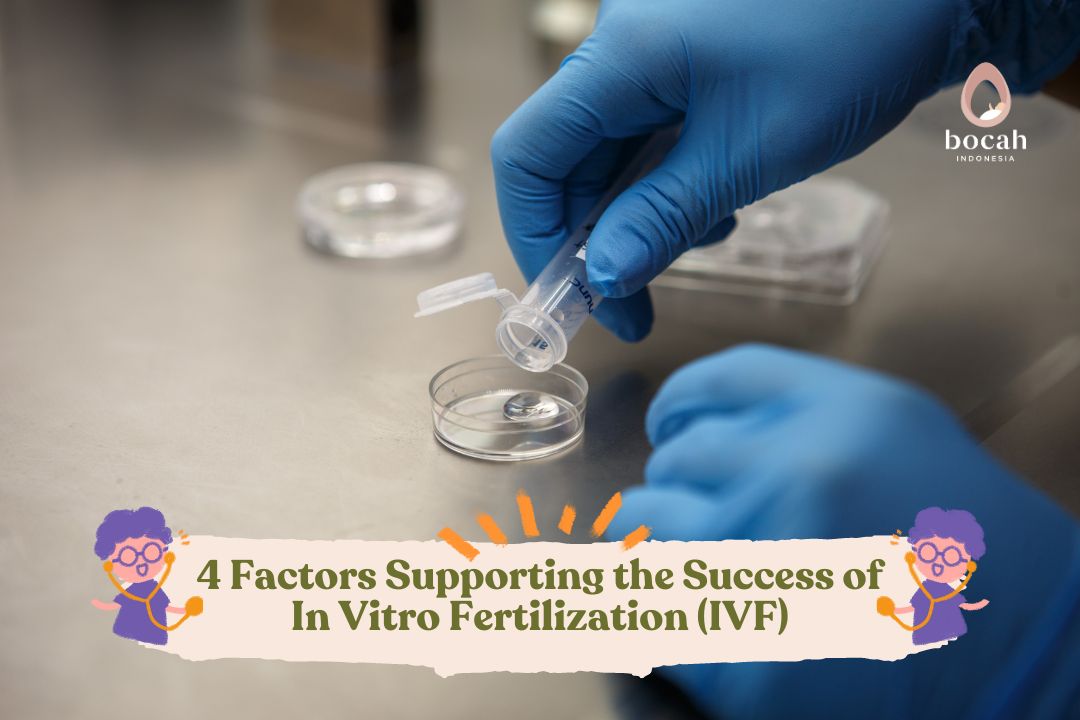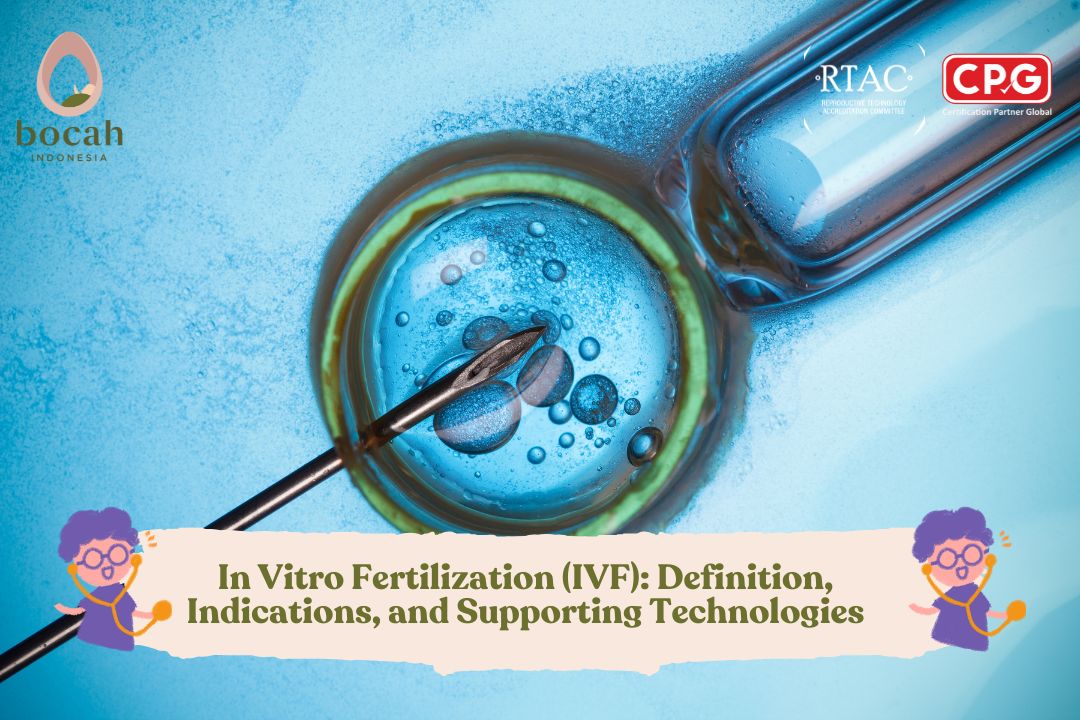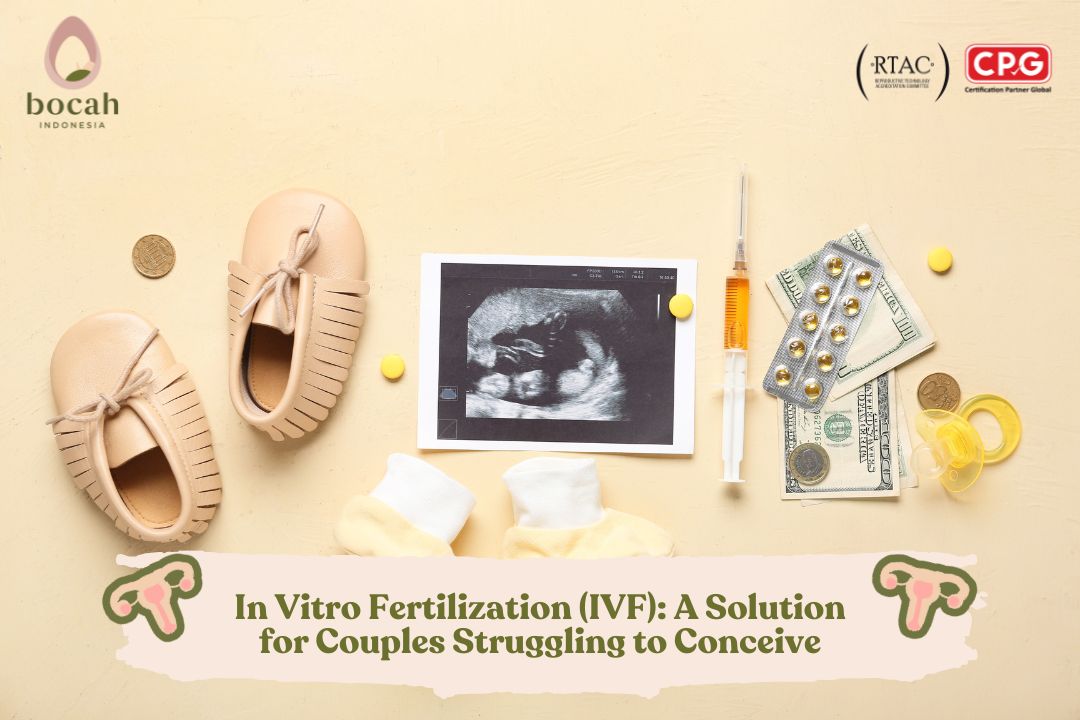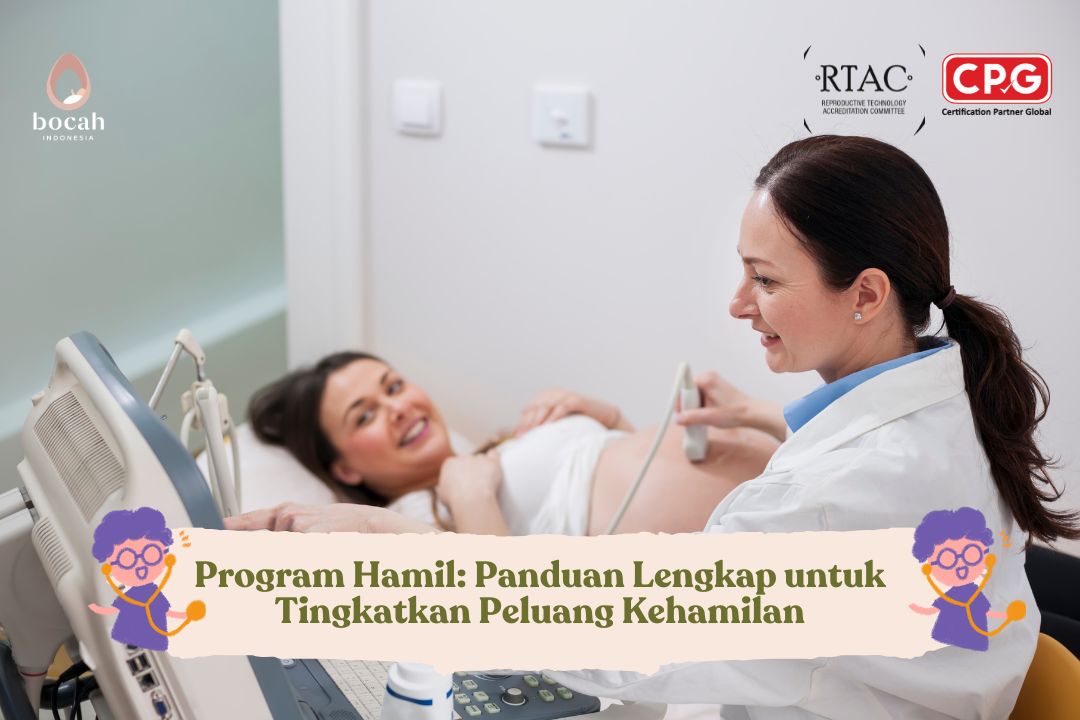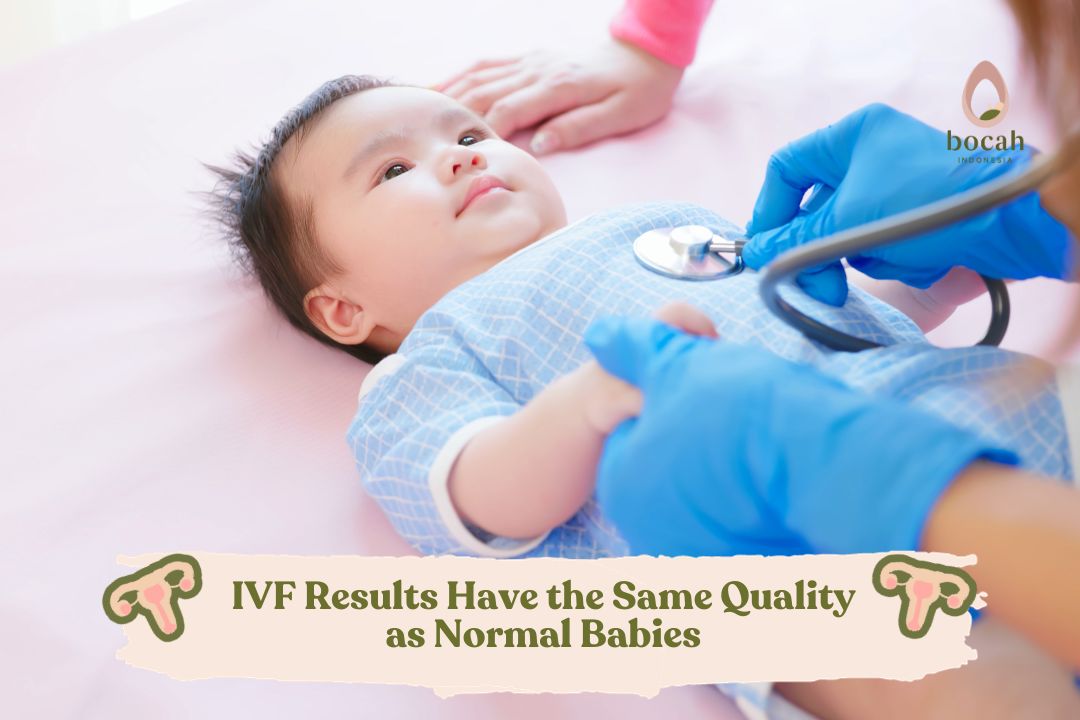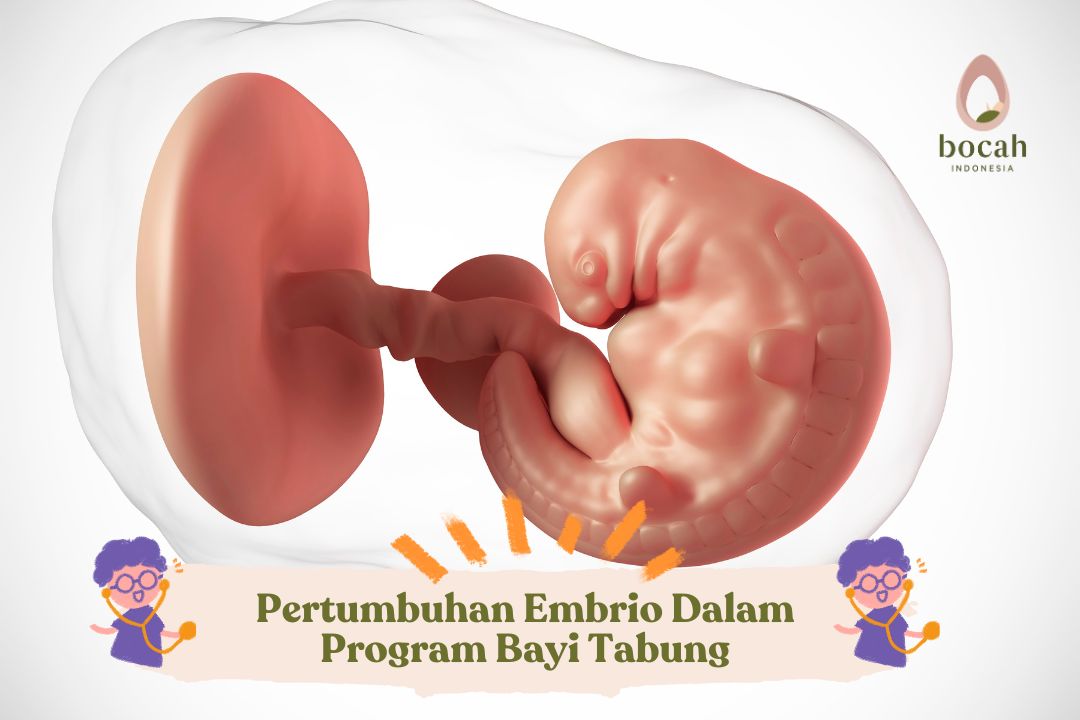In-Vitro Fertilization (IVF) Requirements, Increased Chances of Pregnancy
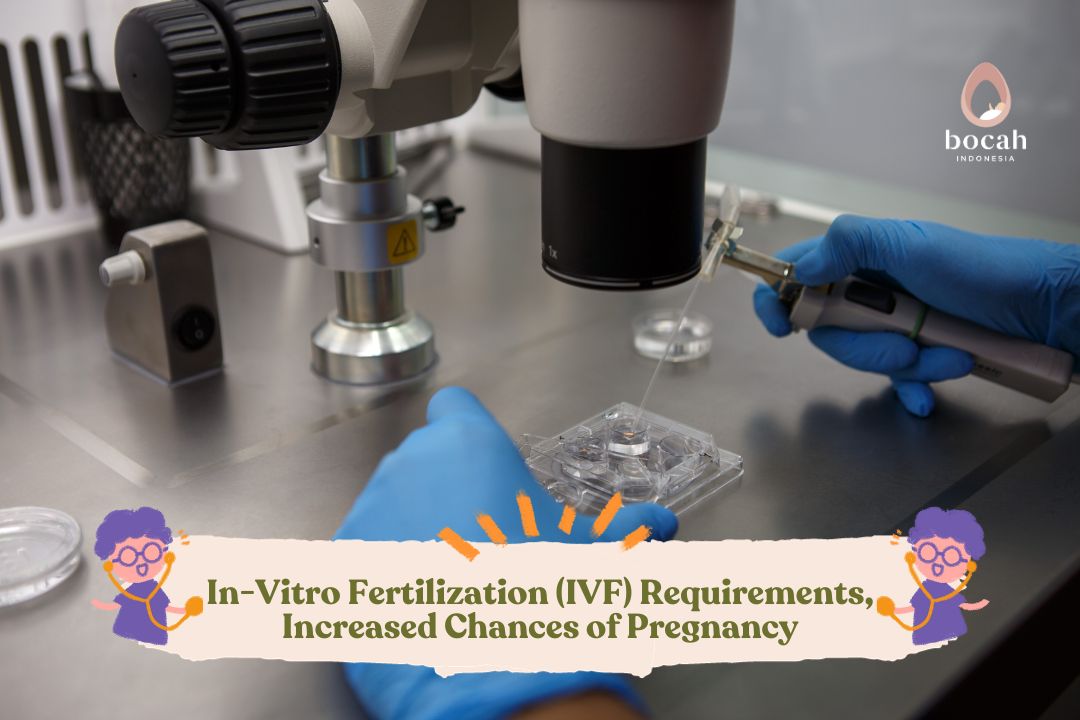
Although it is one of the options for getting pregnant, there are several requirements for IVF that need to be known by Moms and Dads.
For married couples who have difficulty conceiving, the IVF program is one option. In certain cases, infertility problems cannot be solved with other pregnancy programs, such as natural pregnancy or insemination.
As the name suggests, in-vitro fertilization (IVF) is one of the pregnancy programs that requires a considerable amount of time and cost.
In-Vitro Fertilization Procedure
The IVF program is one type of assisted reproductive technology (ART). This procedure involves retrieving eggs from Mom and sperm from Dad, and then fertilizing them in the laboratory (in vitro).
The eggs fertilized by sperm will develop into embryos. Subsequently, the embryos will be monitored for their development in the laboratory. Later, the embryos will be inserted back into Mom’s uterus. This procedure is called embryo transfer.
Tanya Mincah tentang Promil?
After the embryo transfer, Mom needs to wait for 2 weeks, known as the 2-week waiting period. After waiting for 2 weeks, Mom can take a pregnancy test by measuring the betaHCG hormone level.
Requirements for the In-Vitro Fertilization Program
Moms and Dads, please note that if you want to undergo the IVF program, there are several requirements to meet, such as:
-
Legally married couples
One of the primary requirements for IVF is that the couple must be legally married. Why is that? In Indonesia, assisted reproductive technology (ART) is regulated by the Republic of Indonesia Law Number 36 of 2009 concerning health.
Although fertilization is done in the laboratory, the eggs and sperm must come from their original sources or belong to Mom and Dad. Therefore, sperm donation, surrogacy, or uterine transplantation cannot be done in Indonesia.
-
Healthy egg and sperm conditions
Moms and Dads, before undergoing the IVF program, it is advisable to ensure the health of the eggs and sperm. Therefore, Mom and Dad need to undergo fertility tests to determine the condition of the eggs, sperm, and other reproductive organs.
Various tests need to be conducted, such as transvaginal ultrasound and sperm analysis. In addition, if Mom and Dad plan to undergo the IVF program, hormone tests, such as follicle stimulating hormone (FSH), Luteinizing Hormone (LH), progesterone, and estradiol, need to be performed.
-
Understanding the IVF procedure, risks, and costs
Another important requirement is for Moms and Dads to understand the series of procedures, risks, and costs involved in IVF. As mentioned above, IVF requires procedures and a lengthy time commitment. The expenses incurred are also significant.
Although it has a high chance of success, there are several factors that can lead to IVF failure. Therefore, it is important for Moms and Dads to understand the procedures and risks they will face.
-
Adopting a healthier lifestyle
If Moms and Dads want to start the IVF program, one of the requirements is to adopt a healthier lifestyle. Get used to consuming a balanced diet, regular exercise, and quit unhealthy habits such as smoking and alcohol consumption.
Smoking can reduce the chances of pregnancy, which can hinder the IVF program you are undergoing.
Tips for Moms and Dads Undergoing the IVF Program
In one IVF cycle, the timing cannot be predicted as it is adjusted to the condition of each married couple. Some may only take a short time, while others may take longer due to their conditions and treatments.
However, Moms and Dads don’t need to worry. There are several tips to increase the chances of success in the IVF program, such as:
-
Consuming nutritious foods
It is important for Moms and Dads to consume nutritious foods that contain protein, healthy fats, fiber, such as fish, milk, avocados, whole grains, and legumes. These types of foods can help improve the chances of success in the IVF program. These foods are considered to improve sperm quality and maintain body weight.
-
Maintaining good sleep patterns
Did you know that good sleep patterns are important to increase the chances of success in IVF? Good sleep patterns mean getting 7-9 hours of sleep every night. If Moms and Dads sleep less than that, it can cause hormonal imbalances and reduce the chances of success.
-
Managing stress effectively
Excessive stress can also reduce the chances of success in IVF. Moms and Dads who are planning for pregnancy should try to manage stress effectively to avoid affecting their health and hindering the reproductive process.
-
Avoiding the use of products containing chemicals
When undergoing the IVF program, it is advisable for Moms and Dads to avoid using products containing chemicals. Remember that excessive exposure to chemicals can interfere with fertility and the future fetus.
So there you have it, Moms and Dads, what requirements you need to know if you want to undergo the IVF program. Before deciding to undergo this type of pregnancy program, it is advisable to consult with a doctor first.
Source:
- Rooney, K.L., Domar, A.D. (2018). The relationship between stress and infertility. Dialogues Clin Neurosci. 2018 Mar; 20(1): 41–47.
- American Pregnancy Association. IVF – In Vitro Fertilization.
- Connell, M.T., et al. (2015). Timing luteal support in assisted reproductive technology: a systematic review. Timing luteal support in assisted reproductive technology: a systematic review. Fertility and Sterility, 103(4), 939–946.e3.
- Rodprasert, W., et al. (2019). Associations between male reproductive health and exposure to endocrine-disrupting chemicals. Current Opinion in Endocrine and Metabolic Research, Volume 7, August 2019, Pages 49-61.
- Karayiannis, D., et al. (2017). Association between adherence to the Mediterranean diet and semen quality parameters in male partners of couples attempting fertility. Human Reproduction, Volume 32, Issue 1, 1 January 2017, Pages 215–222.
- Rossi, B.V., et al. (2011). Effect of Alcohol Consumption on In Vitro Fertilization. Obstetrics & Gynecology 117(1):p 136-142, January 2011.



